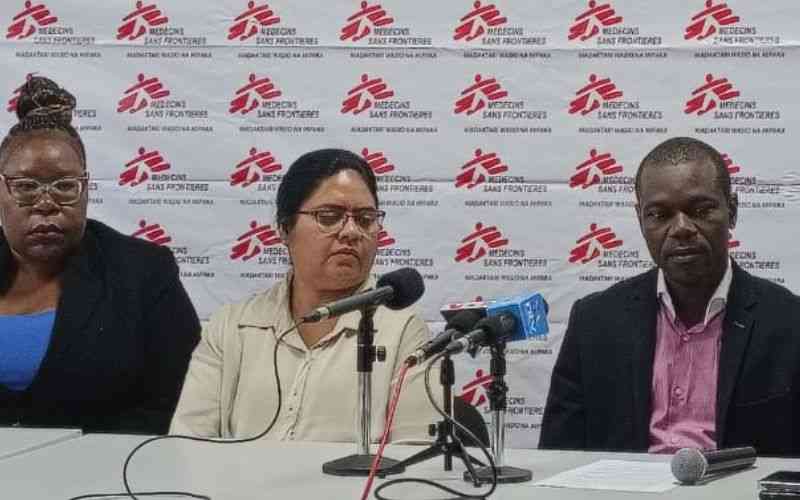×
The Standard e-Paper
Stay Informed, Even Offline

A health crisis is looming in the Dadaab refugee camp in Garissa County, international medical organisation Medecins Sans Frontieres (MSF) has said.
Speaking during a press briefing on Tuesday, May 30, MSF County Director in Kenya Hassan Maiyaki said there has been a cholera outbreak in the camp that has affected nearly 3,000 people so far.